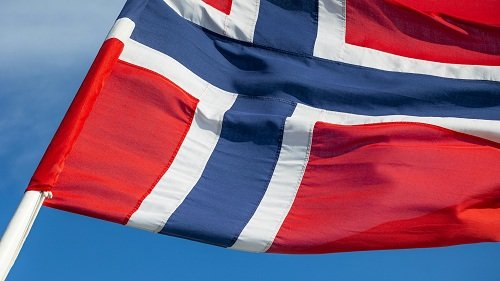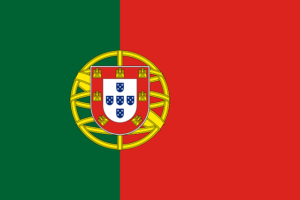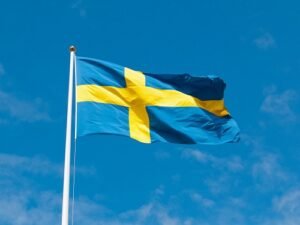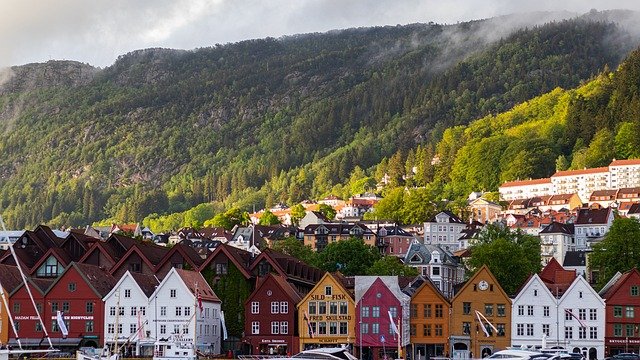
Moving to a new country can be an exciting adventure, but it also comes with its share of challenges. For Pakistanis considering a move to Norway, the journey may not be as smooth as it appears in glossy brochures or online forums. Norway, known for its stunning landscapes, high living standards, and strong welfare system, also presents significant difficulties and problems for those coming from a different cultural and socio-economic background.
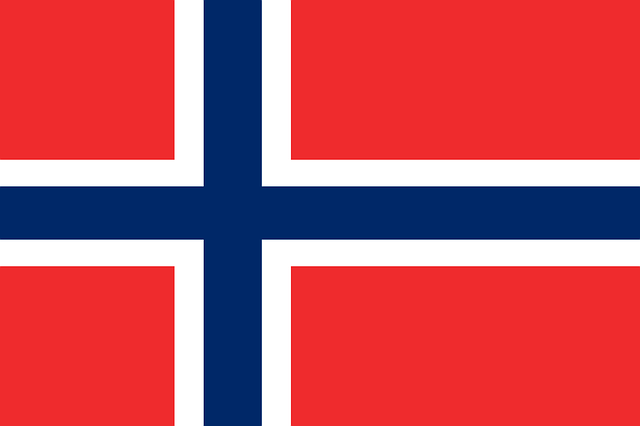
This blog highlights the most common difficulties faced by Pakistanis in Norway and offers practical solutions to help overcome these challenges.
1. Language Barrier

One of the biggest difficulties for Pakistanis moving to Norway is the language barrier. While English is widely understood, fluency in Norwegian is essential for securing jobs, accessing public services, and fully integrating into society.
Problem
Most jobs, especially government and customer-facing roles, require Norwegian proficiency.
Without Norwegian language skills, simple tasks like filling out forms, booking appointments, or understanding official letters can become a nightmare.
Solution
Take Norwegian language courses: Enroll in language schools such as the Norwegian Language Center or join online platforms like Duolingo.
Join community groups: Participating in community activities and social groups helps improve language skills through real-life interaction.
Use translation apps: Google Translate can help in the short term, but it’s not a permanent solution.
2. High Cost of Living

Norway is one of the most expensive countries in the world. For Pakistanis used to affordable living costs, the jump in expenses can be shocking. Food, rent, transportation, and healthcare can consume a large portion of one’s income.
Problem
Rent prices are significantly high, especially in major cities like Oslo and Bergen.
Food and daily necessities cost 2-3 times more than in Pakistan.
Public transport fees, child care, and utility bills can drain household finances.
Solution
Budget wisely: Use cost-tracking apps like YNAB (You Need A Budget) to plan expenses.
Shop smart: Buy groceries from budget-friendly stores like Kiwi or Rema 1000 instead of high-end supermarkets.
Consider shared housing: Rent apartments with roommates instead of living alone to save on rent.
3. Harsh Climate and Weather

For Pakistanis accustomed to warm weather, Norway’s freezing winters and long, nights can be physically and mentally challenging. Winter in Norway lasts for several months, with some areas experiencing little to no sunlight for weeks.
Problem
The cold, snowy weather can make it difficult to go outside or commute.
The lack of sunlight during winter can lead to Seasonal Affective Disorder (SAD), affecting mental health.
Solution
Invest in warm clothing: Buy high-quality thermal wear, winter boots, and jackets. Local Norwegian brands are often the most effective.
Get a sunlamp: Sunlamps simulate natural daylight, reducing the effects of SAD.
Stay active indoors: Engage in physical activities like yoga, home workouts, or indoor sports.
4. Employment Challenges

Despite Norway’s low unemployment rate, finding a job is a significant difficulty for many Pakistanis. Employers often favor candidates who have local work experience and Norwegian language skills.
Problem
Many Pakistanis struggle to have their qualifications recognized.
Preference is often given to Norwegians or EU nationals for jobs.
The job application process can be lengthy and discouraging.
Solution
Get your qualifications certified: Use NOKUT (Norwegian Agency for Quality Assurance in Education) to have your degrees recognized.
Learn Norwegian: Language proficiency increases the chances of employment.
Network actively: Attend networking events or join industry-specific groups on LinkedIn.
5. Cultural Adjustment and Isolation

Cultural differences between Pakistan and Norway can be striking. Norwegians value privacy, independence, and punctuality, which may be different from the communal, family-oriented lifestyle in Pakistan.
Problem
Feeling isolated due to Norway’s “closed” social culture.
Struggling to adapt to new social norms and etiquette.
Difficulty making friends or building a community.
Solution
Join community groups: Many Pakistani communities exist in major cities like Oslo. Look for local cultural events or community centers.
Learn Norwegian customs: Read about Norwegian culture to understand social norms and etiquette.
Be proactive: Don’t wait for others to approach you; take the initiative to engage with people.
6. Mental Health Issues

Being away from family, dealing with isolation, and facing the stress of adapting to a new environment can take a toll on mental health. The pressure of meeting family expectations back home can add to the stress.
Problem
Pakistanis are often reluctant to seek mental health support due to stigma.
Mental health issues like anxiety, loneliness, and depression are common among immigrants.
Solution
Seek counseling: Access mental health services through Norwegian Health Care.
Build a support network: Join expat communities on platforms like Facebook and Reddit to find other Pakistanis in Norway.
Take care of mental well-being: Engage in meditation, exercise, and other self-care activities.
7. Discrimination and Racism

While Norway is generally a welcoming society, instances of racism or microaggressions do exist. People of color, including Pakistanis, may encounter discrimination in housing, employment, or public spaces.
Problem
Reports of discrimination in housing applications, with landlords refusing to rent to non-Europeans.
Subtle microaggressions or being “othered” in social settings.
Solution
Report discrimination: If you experience racism, report it to the Equality and Anti-Discrimination Ombud.
Join support groups: Participate in Pakistani cultural groups or human rights organizations to find a support system.
Raise awareness: Be part of social discussions and contribute to raising awareness about discrimination.
8. Visa and Immigration Issues
The process of getting a visa or residence permit in Norway is not straightforward. Many Pakistanis face delays or rejections due to incomplete paperwork or unmet eligibility criteria.
Problem
Delays in visa processing due to Norway’s strict immigration rules.
Risk of visa rejection if application requirements are not met.
Solution
Hire an immigration consultant: Professional advisors can ensure all paperwork is accurate.
Use online resources: Visit Norway’s official immigration website (UDI Norway) for updated guidelines.
Prepare in advance: Submit documents well ahead of deadlines and follow the instructions carefully.
9. Education System Differences

For Pakistani parents, the education system in Norway can be confusing. The curriculum and teaching styles are very different from Pakistan, where a more rigid and exam-based system is followed.
Problem
Children may struggle to adjust to a system that emphasizes independent learning.
Limited availability of Islamic studies in schools.
Solution
Enroll in international schools: Some international schools in Norway follow curriculums similar to Pakistani schools.
Get involved in education: Stay involved in your child’s education and connect with teachers.
Final Words
While Norway offers great opportunities, it also presents unique difficulties and problems for Pakistanis. From the cold climate and high cost of living to language barriers and cultural adjustment, the path is not always easy. But with proper planning and support, these challenges can be overcome.
If you’re considering moving to Norway, take time to understand the realities of life in Norway. Prepare yourself mentally, financially, and socially. Join online communities like Pakistani expat groups on Facebook, connect with local support groups, and always have a plan for emergencies.
Norway can be a rewarding experience, but only if you’re well-prepared for its challenges. If you have any questions or want to share your experience, feel free to leave a comment below!
Helpful Resources:
UDI Norway – Visa and Immigration Rules
By being aware of these potential difficulties, you can take proactive steps to make your journey to Norway more successful and fulfilling.

